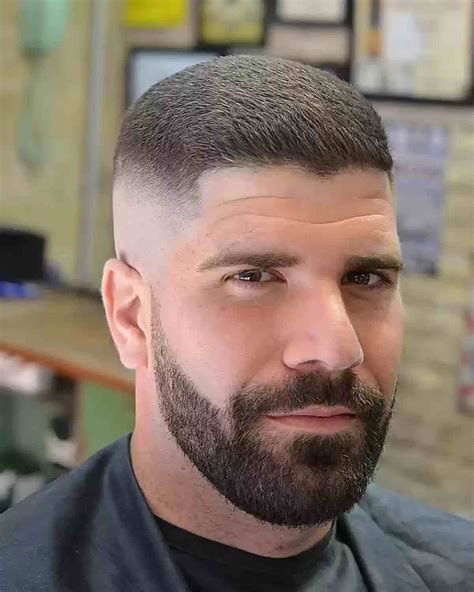How do traditional gender roles sometimes impact men’s willingness to seek help for mental health concerns?

For generations, societal expectations have shaped what it means to be a man. These traditional gender roles, often emphasizing strength, stoicism, and self-reliance, have profound and sometimes detrimental effects on men’s well-being, particularly when it comes to mental health. The unspoken rule to ‘man up’ can create a formidable barrier, preventing men from acknowledging their struggles and seeking the help they desperately need.
The Stigma of Vulnerability and the “Strong Silent” Archetype
One of the most pervasive influences of traditional masculinity is the discouragement of vulnerability. Men are frequently taught that expressing emotions like sadness, fear, or anxiety is a sign of weakness, a departure from the ideal of the ‘strong, silent type.’ This societal pressure can lead men to internalize their feelings, fearing judgment or a perceived loss of status if they reveal their inner turmoil.

The fear of being seen as less masculine or incapable often outweighs the desire for relief, pushing mental health concerns further into the shadows. Instead of seeking professional help, men might resort to unhealthy coping mechanisms, such as substance abuse, risk-taking behaviors, or emotional withdrawal, exacerbating their mental health issues.
“Man Up”: Minimizing Symptoms and Self-Reliance
The imperative to ‘man up’ extends beyond just hiding emotions; it also translates into minimizing mental health symptoms. A headache is just a headache, not a sign of stress. Persistent sadness is ‘just a mood,’ not depression. This normalization of suffering makes it difficult for men to recognize when their experiences cross the line from typical life challenges into diagnosable mental health conditions.
Furthermore, traditional roles often promote extreme self-reliance. Men are encouraged to solve their own problems, to be the provider and protector, and asking for help can be perceived as an admission of failure. This mindset creates an internal conflict where seeking external support for mental health is viewed as a capitulation, rather than a proactive step towards healing.
Emotional Illiteracy and Limited Support Networks
Years of suppressing emotions can lead to what is known as emotional illiteracy. Men may struggle to identify, articulate, and understand their own feelings, making it challenging to explain what they are experiencing to others, let alone a therapist. This difficulty in emotional expression can also impact their ability to form deep, supportive connections, as traditional male friendships sometimes lack the emotional intimacy that allows for sharing vulnerabilities.

Without a robust emotional vocabulary or a trusted circle to confide in, men are less likely to seek help, as they may not even know how to begin describing their distress or feel confident that others would understand.
The Cascade Effect: Untreated Mental Health Conditions
The cumulative effect of these barriers is a tragic one: untreated mental health conditions. Men, statistically, are less likely to be diagnosed with depression or anxiety but have significantly higher rates of suicide. This stark contrast highlights the silent suffering and the critical need to address the cultural factors that impede help-seeking behaviors.

Untreated mental health issues can manifest in various ways, from physical health problems to strained relationships, decreased job performance, and a diminished quality of life. The impact extends beyond the individual, affecting families, workplaces, and communities.
Breaking Down Barriers and Fostering a Culture of Openness
Addressing this issue requires a multi-faceted approach. It involves challenging rigid definitions of masculinity and promoting a more inclusive understanding of strength that encompasses emotional intelligence and the courage to seek help. Public awareness campaigns can play a crucial role in destigmatizing mental health issues for men, featuring male role models who openly discuss their struggles and recovery journeys.

Healthcare providers also have a role in creating more male-friendly mental health services, perhaps by integrating mental health screenings into routine physicals or offering diverse therapy options that appeal to men. Encouraging open dialogue within families and schools from a young age can equip boys with the emotional tools they need to navigate challenges in a healthy way.
Conclusion
Traditional gender roles, while offering certain social structures, have inadvertently created significant obstacles for men seeking mental health help. The emphasis on stoicism, self-reliance, and the suppression of emotions contributes to a culture where vulnerability is perceived as weakness, leading to silent suffering and devastating consequences. By consciously challenging these outdated norms and fostering environments where emotional honesty is valued, we can empower men to prioritize their mental well-being, access the support they deserve, and live fuller, healthier lives.









